Forgiveness is now officially on the Covid menu. The left-leaning Atlantic magazine in the US has called for a ‘pandemic amnesty’ in which people ‘forgive one another for what we did and said’ during Covid. At issue is the question of school closures and other restrictions and mandates now deemed excessive. The Atlantic is something of a mouthpiece for Joe Biden’s hopeless Democrats, but in this instance the article is actually worth paying attention to. Not because of any particular insights but because of the distinct whiff of fear that oozes out of every other sentence.
‘But the thing is: We didn’t know,’ the author whines (in italics!), claiming ignorance as a defence against implementing erroneous Covid polices because she was operating under conditions of ‘tremendous uncertainty.’ ‘We lacked definitive data.’ ‘It wasn’t nefarious. It was the result of uncertainty.’ ‘Obviously some people intended to mislead…’. As well as this bizarre post-rationalisation: ‘In some instances, the right people were right for the wrong reasons. In the face of so much uncertainty, getting something right had a hefty element of luck.’
Well, no. In some instances the right people were right for the right reasons. At The Spectator Australia in particular, where a veritable army of writers including Rebecca Weisser, Ramesh Thakur, James Allan, David Flint, David Adler, Rocco Loiacono, Augusto Zimmerman, Alexandra Marshall and many others risked opprobrium and worse for writing for the correct reasons – out of principle, out of conviction and out of sound research.
Indeed, a recent (much-appreciated) letter to the editor of this magazine spelled out the rewards of such an approach;
‘You and your team were like a light shining through the darkness of Covid hysteria. It meant a lot to my wife and I that we were not the only ones saying “what the hell…?” I am a former journalist (what has happened to our profession?) and I look forward to The Spectator Australia every week. The quality of writing is first rate but it is the fearless pursuit of truth which is truly outstanding. Your work is critical for public discourse in Australia as our political class, big business, media, bureaucracy and educational system all seem to have been captured by nonsense and wokeism.’
It is because of ‘uncertainty’ that in a democracy we supposedly seek a plurality of views on difficult issues, and we insist on accountability. By ensuring that as many people as possible get exposed to as many ideas as possible we hopefully avoid compounding bad thinking, and we trust the public – rather than the authorities – to make those final decisions that affect our lives and livelihoods.
It is utterly disingenuous for those who made such catastrophic and reckless mistakes during Covid to now say that ‘they didn’t know’ about such-and-such an outcome because of the ‘fog of uncertainty’ and that the alternative to their authoritarian overreach and draconian measures was ‘millions of dead bodies’. These same individuals deliberately and ruthlessly suppressed anyone who did try to shed some light on potential risks, problems or alternatives to the orthodoxy. Many people were horrified by the police brutality, by the obfuscation and lies surrounding vaccine mandates, and were repelled by the QR codes and having their kids being forced to stay home or wear worthless masks all day long. But the censoring of them and the humiliation meted out to them was merciless. Dr Jay Battacharya was just one of many brave experts who spoke out early and loudly warning that lockdowns would not only fail but would cause more deaths than they could ever possibly save, not to mention doing untold economic damage.
Yet for speaking out he was demonised and hounded out of the public square. For merely asking questions, the Greens in the Australian Senate smeared and vilified the editor of this magazine in his role at Sky News along with Rita Panahi and Alan Jones. Gideon Rozner at the IPA cut a solitary figure in Melbourne when he did a video pleading for lockdowns to end in Melbourne and was vilified and demonised remorselessly.
So let’s skip the ‘fog of uncertainty’ nonsense. There were plenty of voices warning against nearly all of the policies that were being enacted, often brutally so, but rather than such plurality of opinion being encouraged, those voices were viciously silenced, humiliated, denigrated and demonised. It’s called wilful ignorance and it is no defence under the law.
But get used to hearing this argument that nobody knew any better. That it was all so confusing and we all did our very best. Plenty of people did know better and did try and speak up.
The Atlantic author claims that ‘dwelling on the mistakes of history can lead to a repetitive doom loop…. Let’s acknowledge that we made complicated choices in the face of deep uncertainty…’.
No. Let’s have a royal commission into the abuse of power during Covid, and a Senate inquiry, too, for good measure. To ensure this never happens again.
Got something to add? Join the discussion and comment below.
Get 10 issues for just $10
Subscribe to The Spectator Australia today for the next 10 magazine issues, plus full online access, for just $10.
You might disagree with half of it, but you’ll enjoy reading all of it. Try your first month for free, then just $2 a week for the remainder of your first year.


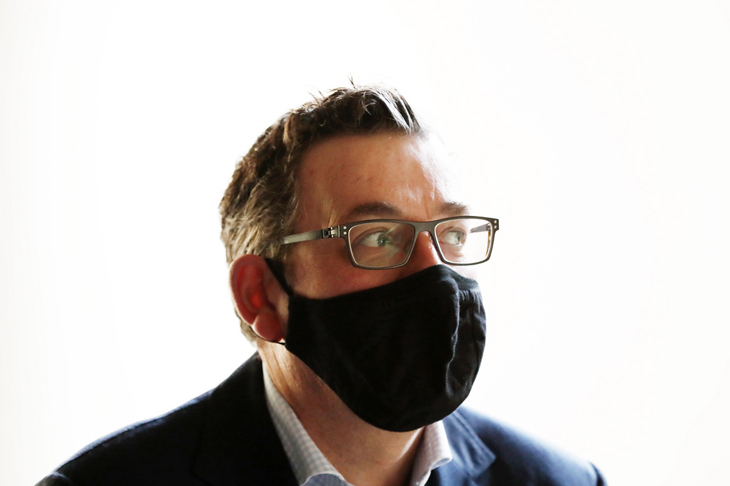
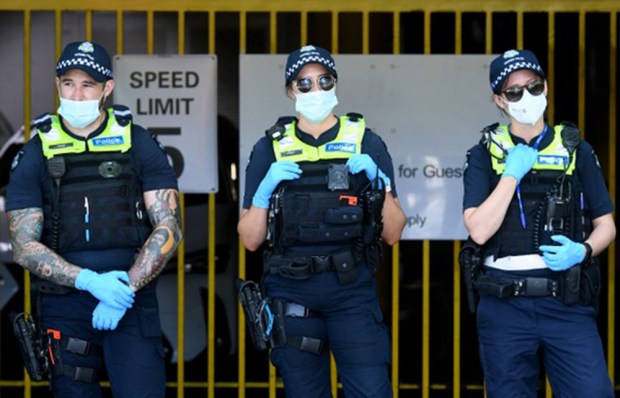
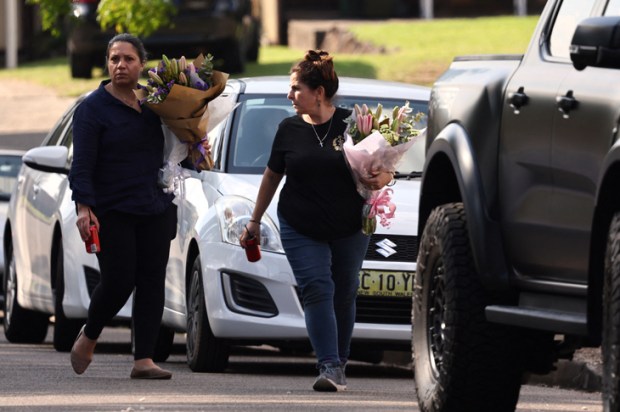
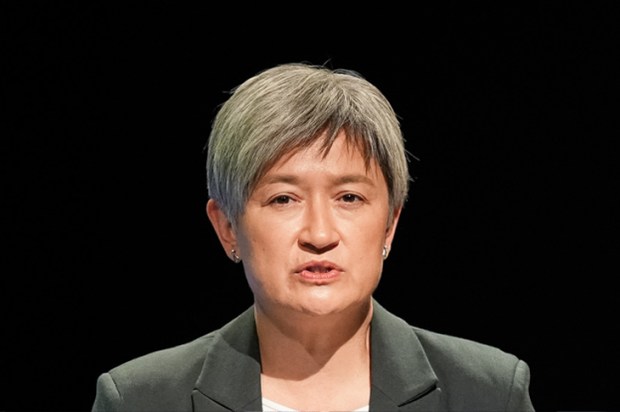
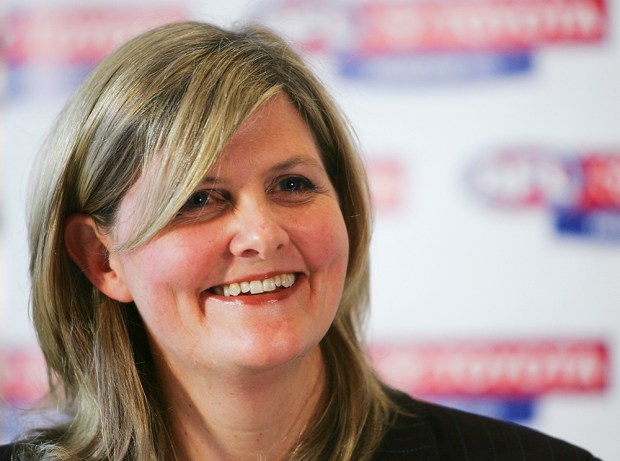
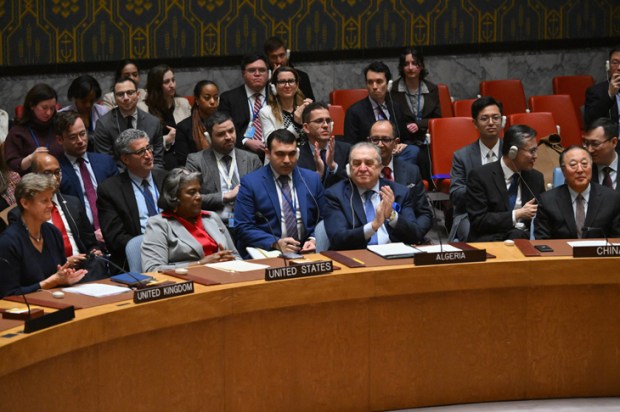
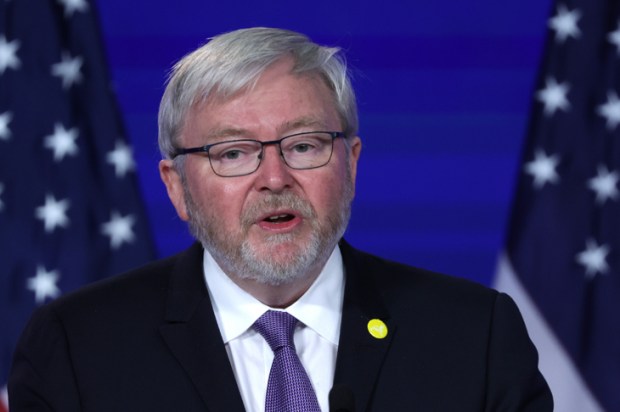






Comments
Don't miss out
Join the conversation with other Spectator Australia readers. Subscribe to leave a comment.
SUBSCRIBEAlready a subscriber? Log in